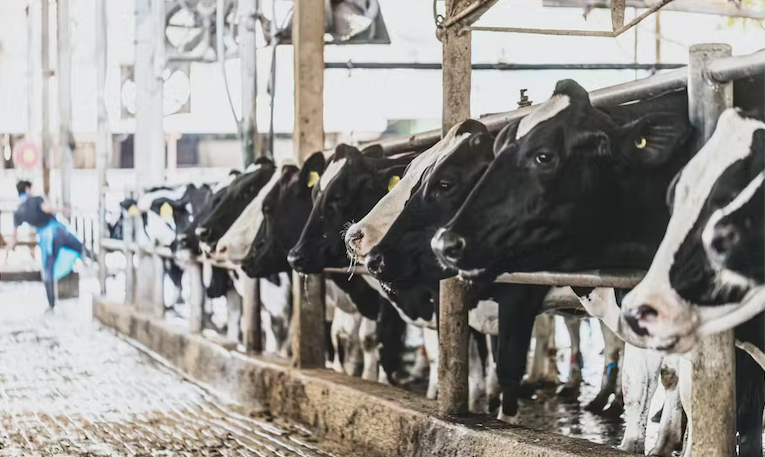While effective vaccines for COVID-19 should have heralded the benefits of mRNA vaccines, fear and misinformation about their supposed dangers circulated at the same time. These misconceptions about mRNA vaccines have recently spilled over into worries about whether their use in agricultural animals could expose people to components of the vaccine within animal products such as meat or milk.
In fact, a number of states are drafting or considering legislation outlawing the use of mRNA vaccines in food animals or, at minimum, requiring their labeling on animal products in grocery stores. Idaho introduced a bill that would make it a misdemeanor to administer any type of mRNA vaccine to any person or mammal, including COVID-19 vaccines. A Missouri bill would have required the labeling of animal products derived from animals administered mRNA vaccines but failed to get out of committee. Arizona and Tennessee have also proposed labeling bills. Several other state legislatures are discussing similar measures.
Iowa State University Assistant Professor of Vet Microbiology and Preventive Medicine David Verhoeven is a researcher who has been making vaccines for a number of years. He started studying mRNA vaccines before the pandemic started. His research on using mRNA vaccines for cattle respiratory viruses has been referenced by social media users and anti-vaccine activists who say that using these vaccines in animals will endanger the health of people who eat them.
Read Verhoeven’s article in The Conversation here.
The post Vaccines using mRNA can protect farm animals against diseases traditional ones may not – and there are safeguards to ensure they won’t end up in your food appeared first on www.research.iastate.edu.


